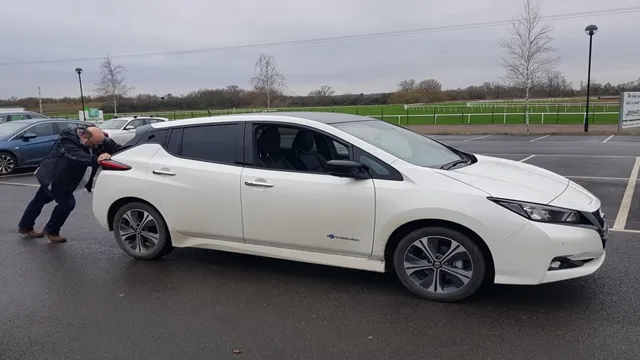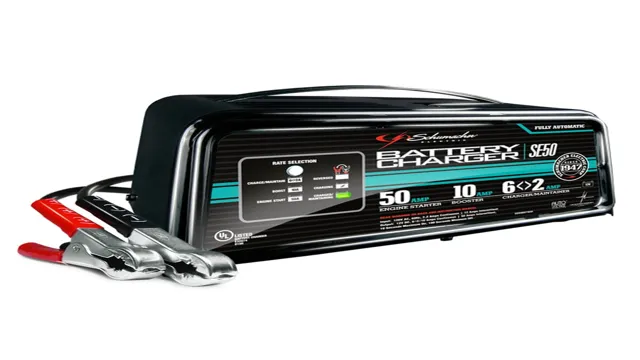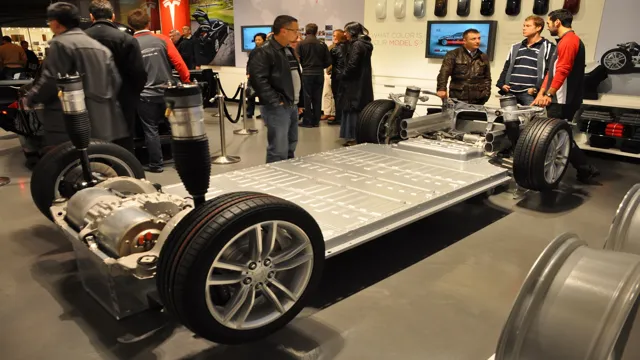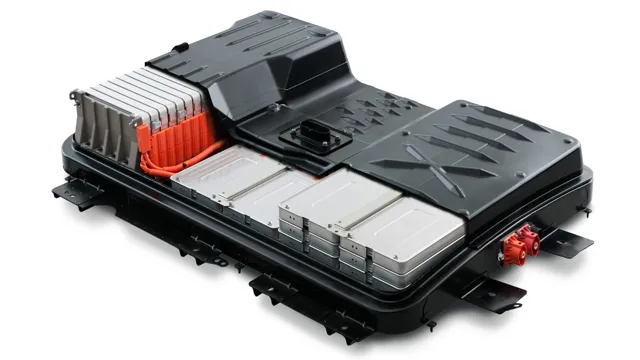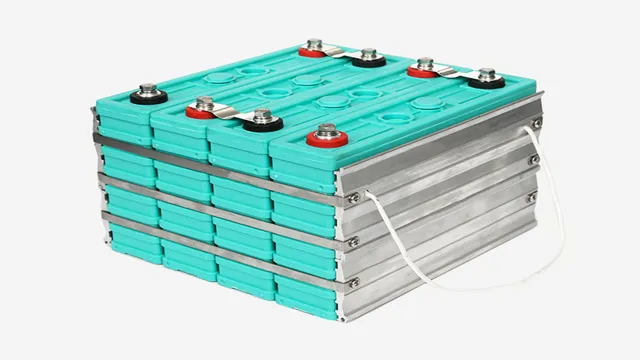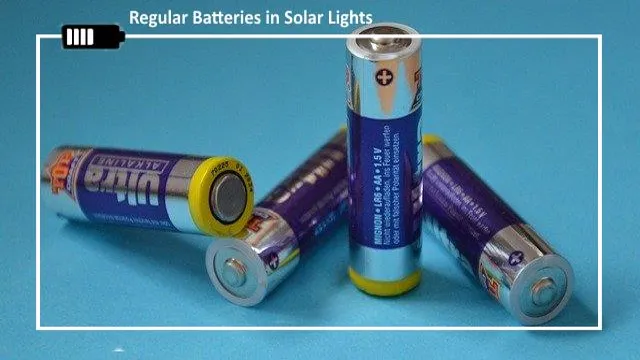The Battle of the Clean Cars: Battery Electric vs Hydrogen Fuel Cell Vehicles
If you’re in the market for a new car and are looking to switch to a more environmentally friendly option, you’re likely weighing the pros and cons of electric versus hydrogen cars. Both have their unique advantages and disadvantages, and it can be challenging to determine which option is right for you. On one hand, electric cars are becoming increasingly popular and affordable, and they offer a practical and convenient solution for daily urban commutes.
They are also relatively easy to charge, and you can plug them into a regular power outlet in your home. On the other hand, hydrogen cars are still relatively new to the market, and they are less common than electric vehicles. However, they are gaining popularity because they offer longer driving ranges and faster refueling times.
Hydrogen cars also emit only water vapor, making them a great choice for even the most environmentally conscious drivers. Whether you choose an electric or hydrogen car ultimately depends on your driving habits, as well as your budget and the availability of charging or fueling stations in your area. In this blog, we’ll explore the differences between the two options and help you make an informed decision about which is the best choice for your needs.
Electric Cars
One of the biggest debates in the electric car world is battery electric vs hydrogen fuel cell cars. Both technologies strive for the same goal: clean and efficient transportation. Battery electric cars have become increasingly popular due to their simplicity and ease of use.
They run on rechargeable batteries that power an electric motor, meaning no emissions are created while driving. On the other hand, hydrogen fuel cell cars use a chemical reaction between hydrogen and oxygen to generate electricity. The main advantage of hydrogen fuel cell cars is that their driving range can be much greater than that of battery electric cars.
However, the challenge with hydrogen fuel cell cars is the lack of infrastructure to support them, as hydrogen filling stations are not yet widespread. When it comes down to it, the choice between battery electric vs hydrogen fuel cell cars depends on driving habits and individual preferences. If you’re in need of a higher driving range and don’t mind the lack of infrastructure, then a hydrogen fuel cell car might be the better option.
But if you want a simpler and more widely supported option, then a battery electric car might be a better choice for you.
Cost Efficiency
When it comes to cost efficiency, electric cars are an excellent option. While they may be more expensive upfront, they have lower long-term costs. Electric cars require less maintenance and have lower fuel costs than traditional gas cars.
The cost of electricity to charge an electric car is also much cheaper than the cost of gasoline. Additionally, many governments offer incentives and tax credits for purchasing electric cars, further reducing their cost. While electric cars may not be for everyone, they are definitely worth considering for those looking to save money in the long run while also doing their part for the environment.
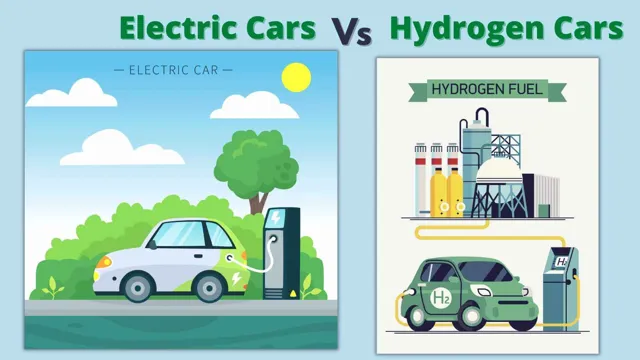
Battery Range
Electric cars are becoming increasingly popular as people become more concerned about their carbon footprint and the environment. One important factor to consider when purchasing an electric car is the battery range. Battery range refers to how far an electric car can travel on a single charge of its battery.
It’s crucial to consider this range before purchasing an electric car, especially if you plan to drive long distances. The battery range depends on several factors, such as weather conditions, driving habits, and the age of the battery. It’s essential to understand that the battery range will decrease over time as the battery ages, so it’s important to take good care of it.
One way to maximize the battery range is to drive more conservatively, avoiding sudden stops and starts and driving at a steady speed. Overall, if you’re thinking of buying an electric car, carefully consider the battery range and ensure it meets your needs before purchasing it.
Charging Infrastructure
When it comes to driving an electric car, one of the biggest concerns for many people is charging infrastructure. Without a sufficient number of charging stations available, drivers may worry about running out of juice before reaching their destination. However, as the popularity of electric vehicles continues to grow, so does the availability of charging infrastructure.
In fact, many cities and businesses are installing charging stations in public areas, making it easier than ever for electric car owners to keep their batteries charged. Some companies are even installing charging stations in employee parking lots, allowing their workers to charge up while at work. With more and more charging stations being installed every day, there has never been a better time to consider making the switch to an electric vehicle.
Hydrogen Fuel Cell Cars
When it comes to choosing between battery electric and hydrogen fuel cell cars, there are a few key differences to consider. Battery electric vehicles use electricity stored in large battery packs to power the motor, while hydrogen fuel cell cars produce electricity through a chemical reaction between hydrogen and oxygen. One advantage of hydrogen cars is that they offer longer driving ranges than battery electric vehicles, making them a great choice for long road trips.
However, hydrogen fuel station infrastructure is much less developed than electric charging infrastructure, making it harder to refuel while on the go. Additionally, while battery electric cars produce zero emissions at the tailpipe, hydrogen fuel cell vehicles still emit small amounts of nitrogen oxides. Ultimately, the choice between these two types of vehicles will depend on individual driving habits and needs.
Environmental Impact
Hydrogen fuel cell cars are touted as a more eco-friendly alternative to traditional gasoline-powered vehicles. Unlike gas-powered cars, hydrogen fuel cell cars emit no tailpipe pollution and have the potential to significantly reduce our carbon footprint. They work by using hydrogen and oxygen to produce electricity, which powers the car’s electric motor.
The only byproduct is water vapor, making hydrogen fuel cell vehicles a zero-emission option. However, there are still some environmental concerns surrounding hydrogen fuel cell cars. While hydrogen is abundant, it takes energy to break it down into a usable form, and currently, the majority of hydrogen is produced using natural gas.
This means that the production of hydrogen fuel still has a carbon footprint, albeit smaller than that of gasoline. Overall, while hydrogen fuel cell cars are not a perfect solution, they offer a promising step towards a more sustainable future.
Fueling Infrastructure
Hydrogen fuel cell cars are an innovative solution for the future of transportation. Unlike traditional gasoline-powered cars that emit harmful emissions, hydrogen fuel cell cars release only water vapor as a byproduct. However, in order for hydrogen fuel cell cars to become mainstream, the issue of fueling infrastructure must be addressed.
Currently, there are a limited number of hydrogen fueling stations available, which can make it difficult for drivers of hydrogen fuel cell cars to find a place to fill up. The development and expansion of hydrogen fueling infrastructure is essential for the widespread adoption of these eco-friendly vehicles. Companies are beginning to invest in building more stations, but it will take time and resources to get enough stations in place to make hydrogen fuel cell cars a viable option for the average driver.
Nonetheless, the progress being made in this area is promising, and it represents an important step towards a greener future.
Driving Range
Hydrogen fuel cell cars are becoming a popular option for environmentally conscious drivers who want to reduce their carbon footprint. These cars run on hydrogen, which is converted into electricity by the fuel cell to power the car’s motor. One of the main benefits of hydrogen fuel cell cars is their driving range.
Unlike electric cars, which can have limited range due to the need to recharge, hydrogen fuel cell cars can travel long distances without needing to refuel. This makes them perfect for those who need a car for long commutes or road trips. Additionally, hydrogen fuel cell cars emit only water vapor, making them a clean and sustainable choice for the future.
As more and more automakers continue to develop and improve on this technology, we can expect to see even more advances in hydrogen fuel cell cars, including increased efficiency and broader availability. Ultimately, choosing a hydrogen fuel cell car is not only an eco-friendly choice but a smart one for drivers looking for a reliable vehicle with superior driving range.
Comparison
When it comes to choosing between a battery electric car and a hydrogen fuel cell car, there are some significant differences to consider. Battery electric cars are powered entirely by an electric motor, which is powered by a rechargeable battery. On the other hand, hydrogen fuel cell cars generate electricity using a chemical reaction between hydrogen and oxygen, which creates water vapor as the only exhaust emission.
One of the main advantages of a battery electric car is that it can be charged at home, and there are more charging stations available than hydrogen fueling stations. Battery electric cars are also generally less expensive to operate and maintain. However, hydrogen fuel cell cars can travel greater distances on a single tank of fuel and refueling takes about the same amount of time as filling up a gasoline-powered car.
Another advantage of hydrogen fuel cell cars is that they emit zero harmful emissions, making them a great choice for those concerned about the environment. Ultimately, the choice between a battery electric car and a hydrogen fuel cell car comes down to personal preference and driving habits, as each has its own unique benefits and drawbacks.
Upfront Cost
When it comes to investing in a project or a product, it’s always important to consider the upfront cost. This is the initial amount of money that you have to put in before you can start seeing any returns on your investment. It’s crucial to compare upfront costs across different options before making a decision.
While some products or projects may have a higher upfront cost, they may also provide greater returns in the long run. On the other hand, a lower upfront cost may seem more attractive, but it could also mean lower returns. It’s important to strike a balance between the upfront cost and the expected returns to ensure that you’re making a wise investment.
By looking at the long-term potential and risks, you can make an informed decision and choose the investment option that’s right for you. Whether you’re investing in real estate, stocks, or a new business venture, always make sure to do your research and compare the upfront costs to make the best decision possible.
Emissions
When it comes to emissions, it’s important to compare the different options available to determine what’s best for the environment. Electric cars, for example, produce zero emissions which means they don’t release harmful pollutants into the environment. In contrast, gasoline-powered cars produce emissions that can have a negative impact on air quality.
However, it’s important to consider the source of the electricity used to power electric cars. If the electricity comes from renewable sources such as wind or solar power, then the emissions associated with electric cars are essentially zero. On the other hand, if the electricity comes from coal-fired power plants, then electric cars may not be as environmentally friendly as they seem.
It’s important to weigh the pros and cons of each option and make an informed decision based on your individual needs and circumstances.
Conclusion
In the battle of battery electric versus hydrogen fuel cell cars, it all boils down to one simple question: would you rather carry around a heavy battery or fill up with hydrogen? While both technologies have their pros and cons, one thing is clear – the future of transportation is clean and green. So whether you opt for the instant torque of an electric motor or the long-distance capabilities of a fuel cell, one thing is for sure – the road ahead is paved with a sustainable and prosperous future for all.”
FAQs
What is the difference between battery electric and hydrogen fuel cell cars?
Battery electric cars store electricity in a battery, while hydrogen fuel cell cars generate electricity through a chemical reaction between hydrogen and oxygen.
Which type of car is more environmentally friendly, battery electric or hydrogen fuel cell?
Both types of cars have environmental benefits, but it depends on the source of electricity or hydrogen. Battery electric cars are cleaner if the electricity comes from renewable sources, while hydrogen fuel cell cars are cleaner if the hydrogen is produced from renewable sources.
How far can a battery electric car go on a single charge compared to a hydrogen fuel cell car?
Battery electric cars typically have a range of 100-300 miles on a single charge, while hydrogen fuel cell cars have a range of 300-400 miles on a single tank of hydrogen.
Are hydrogen fuel cell cars more expensive than battery electric cars?
Currently, hydrogen fuel cell cars are more expensive to produce than battery electric cars, but the cost is expected to decrease over time as production volumes increase and technology improves.
